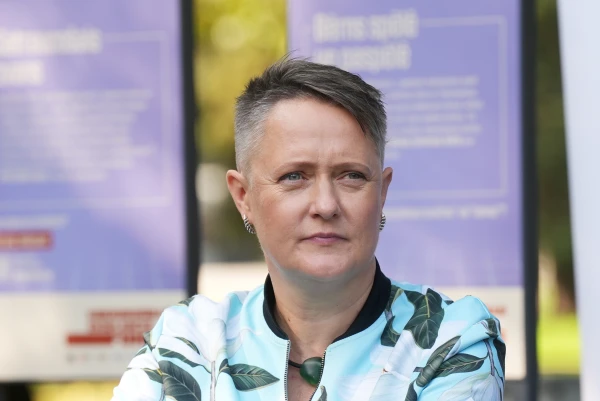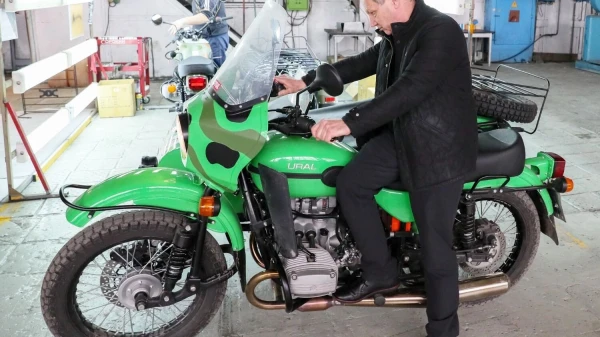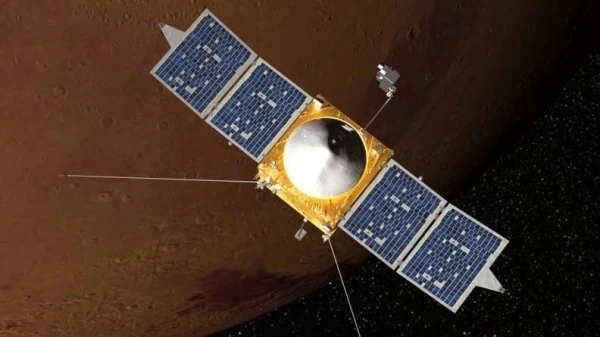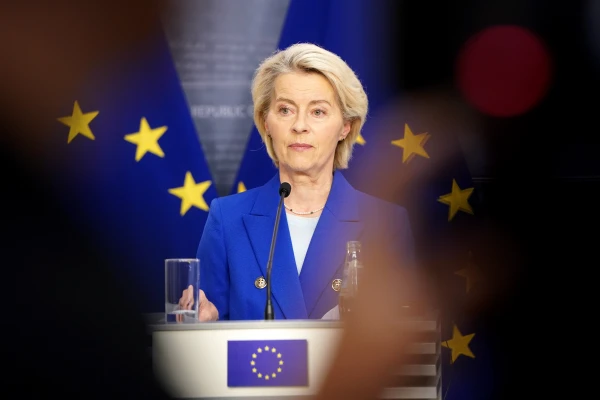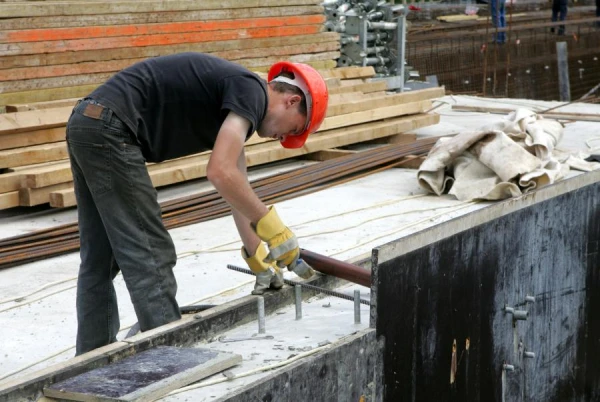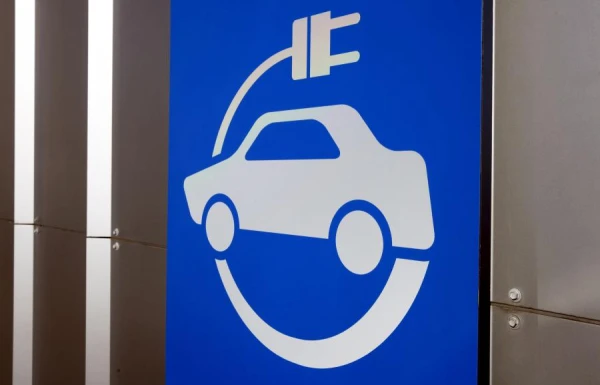
"If a buyer places you second, it means they are not choosing you," said Hyundai Motor Europe CEO Xavier Martinet in an interview with The Big Question.
Hyundai is perhaps one of the most recognizable South Korean brands in the world, with only Samsung and LG also vying for this title.
Hyundai Motor Group, which owns Kia and Genesis, first appeared in Europe in the late 1970s. However, it was not until 1997 that the first production facility outside South Korea was opened, in Turkey.
"When it comes to passenger cars, our market share in Europe is 4%, and we rank 10th in the market," said Hyundai Motor Europe CEO Xavier Martinet.
In addition to the factory in Turkey, Hyundai has been producing cars at the plant in Nosovice, Czech Republic, since 2008. The combined production capacity of the two facilities is 560,000 units per year.
According to Mr. Xavier, 79% of the cars sold by Hyundai in Europe in 2024 were produced at these two plants.
However, due to greater-than-expected success of INSTER, their smallest electric car produced in South Korea to date, it is anticipated that this figure will return to 70% in 2025.
Although Mr. Xavier states that there are currently no plans to build a third plant in Europe, he believes that the regional success of the company's new products could serve as a catalyst for discussions about such investments in the future.
New Electric Car from Hyundai
Hyundai recently announced the Concept 3 car - an electric vehicle in the IONIQ lineup, which is set to hit the market early next year.
Positioned in the B segment, alongside cars like the Ford Fiesta, Renault Clio, and Peugeot 208, the compact Concept 3 emphasizes Hyundai's commitment to offering electric vehicles across all market segments, noted Mr. Xavier.
"For example, we see that the share of electric vehicles among the total number of cars is higher among fleet customers (who typically buy C- or D-segment cars), while among retail customers, the share of electric vehicles is lower. They still want to buy older models because they either cannot find the car they want or the price is too high," he explains.
He also emphasized the need to adapt cars specifically for the European audience.
"We need to develop products that truly consider the needs, lifestyle, and demands of European customers, and the Concept 3 is a great illustration of that. When we have global products, we will need to calibrate them because you do not drive on the German autobahn the same way you do on American Interstate highways. Therefore, we need to be able to adjust and fine-tune the characteristics of the cars to satisfy customers, wherever they drive," Mr. Xavier noted in an interview with The Big Question.
What Will Drive the Cars of the Future?
Despite plans to increase the number of electric vehicle owners and the announcement of the Hyundai Concept 3, hybrid cars remain the most popular type of vehicle in Europe among new car buyers.
"In Europe, buyers typically keep a car for an average of six years. For them, switching from an internal combustion engine vehicle to an electric vehicle is an act of faith," believes Mr. Xavier.
However, Hyundai, metaphorically speaking, does not intend to "put all its eggs in one basket" by focusing solely on electric vehicles. The company is also a leader in innovations in the world of hydrogen-powered vehicles.
"Electric vehicles are a great tool for transitioning to electric transport, but there are still doubts - will there be enough rare earth elements, and will these challenges lead to real change?" says Mr. Xavier.
"Therefore, it is interesting to create alternative solutions - perhaps over time they will prove to be a valuable addition. We are not opposing these approaches; we are merely emphasizing that for decarbonizing the automotive industry, it is important to have several different solutions."
Currently, the market for hydrogen-powered vehicles in Europe is virtually non-existent, with sales only in the hundreds. Cost and infrastructure are the two main limitations, although Hyundai's American branch is working on solutions.
"We are developing passenger cars, buses, trucks, and if we look at our plant in Savannah, Georgia, USA, we are also producing our own hydrogen. Ultimately, it is not just about one car, but about a whole ecosystem," explained Mr. Xavier.
As a sign of its commitment to diversifying energy solutions, Hyundai has pledged to offer European buyers an electric, hybrid, plug-in hybrid, and hydrogen version of each of its car models by 2027.
